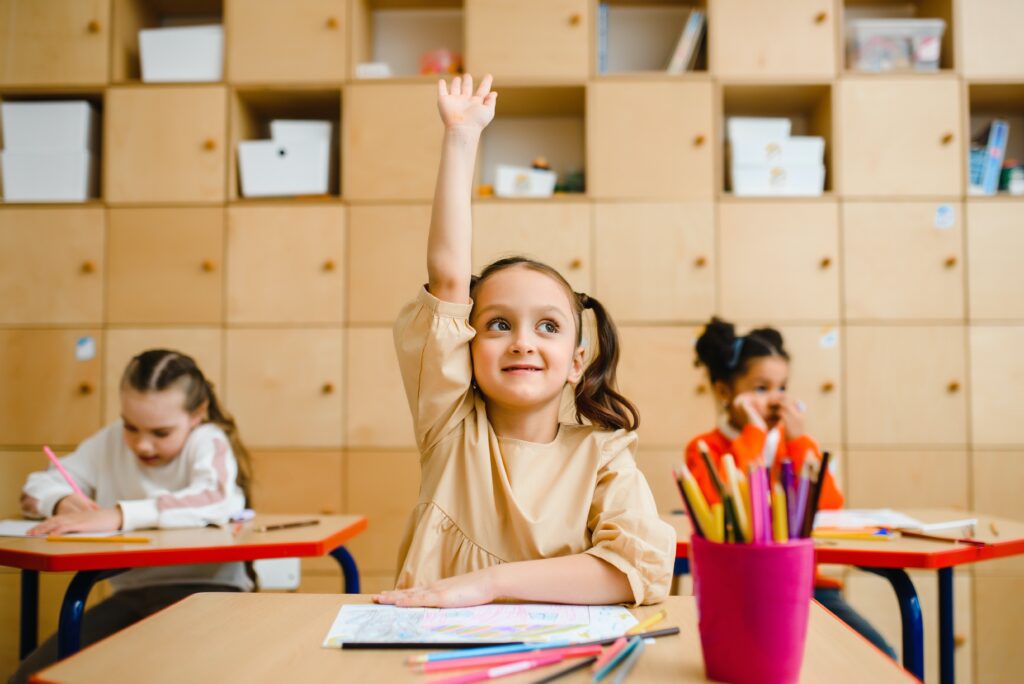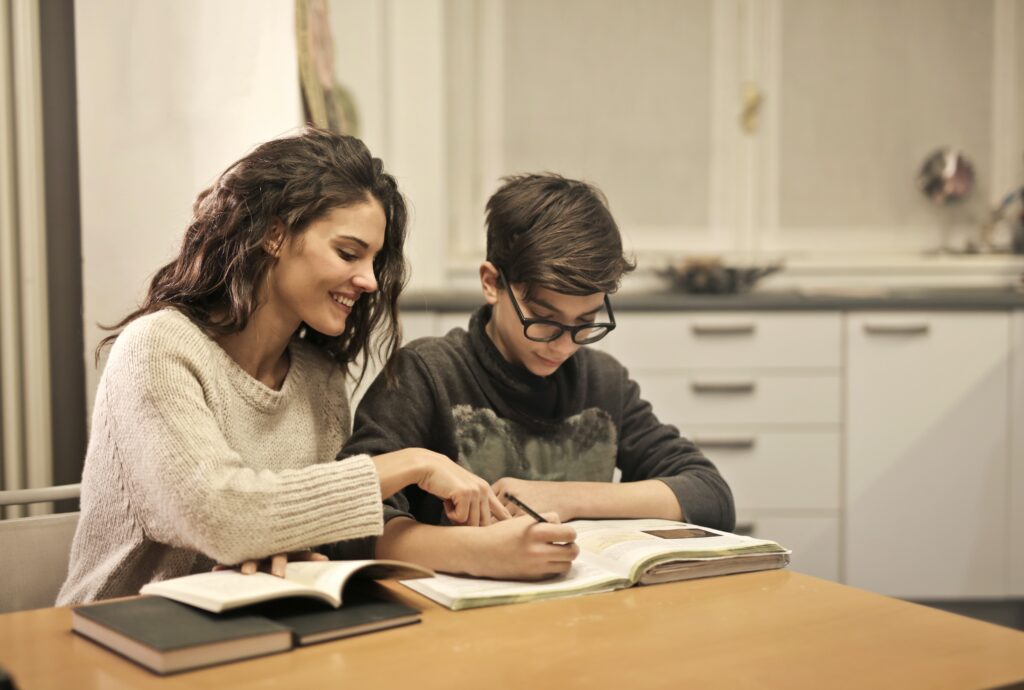As teachers, do you know that gifted and talented students need help as well? Do you know that there is a great need to include them in the planning of our instructional content the same way we cater for the average students? Gifted and talented students have unique needs in the classroom. These students often require additional challenges and learning opportunities to reach their full potential. As a teacher, it can be difficult to know how to best serve these students in the classroom. Fortunately, there are several strategies that can help gifted and talented students meet their goals. This article will explore five ways to help gifted students reach their full potential.
-
- Recognizing the Characteristics of Gifted Students
As teachers, we should be able to identify gifted and talented students in our classrooms. Gifted students possess unique qualities and characteristics that set them apart from their peers. By recognizing these traits, educators can better meet their needs and help them reach their full potential.
One of the key characteristics of gifted students is their ability to grasp and understand complex concepts at an accelerated pace. They often have an insatiable curiosity and an innate desire to explore and learn beyond what is typically expected for their age group. At times, you will see such students go ahead of the class. And they get bored when teachers spend too much time on the concepts that they have covered earlier. These students tend to exhibit high levels of creativity, problem-solving skills, and critical thinking abilities.

Additionally, they may have a strong sense of justice and fairness and show a propensity for leadership roles. These students often possess advanced language skills, a keen attention to detail, and a remarkable memory.
Educators can recognize these characteristics by closely observing their students in the classroom. Gifted students may consistently finish tasks quickly and accurately, display an eagerness to engage in deeper discussions, and seek out additional challenges and projects.
By recognizing the characteristics of gifted students, educators can tailor their teaching methods to cater to their unique needs and abilities. This understanding enables educators to create a supportive and engaging learning environment that fosters the growth and development of these students, allowing them to thrive academically and personally.
2. Understanding the Unique Needs of Gifted Students
Just like the average students, gifted students have unique needs that must be recognized and addressed if they are to reach their full potential. Gifted students possess exceptional cognitive abilities and excel in specific areas such as math, science, or art. However, they also require challenging learning opportunities and environments that encourage intellectual growth and development.

To meet the needs of gifted students, educators must provide differentiated instruction that is both challenging and engaging. Gifted students often require an accelerated pace of instruction, access to advanced material, and opportunities for independent learning. That is why they can be inpatient whenever they felt that their progress is been dragged down by the pace at which the teacher in going in class. They also benefit from opportunities to collaborate with other gifted students and work on challenging projects that align with their interests and strengths.
In addition, educators must also recognize the social and emotional needs of gifted students. These students may feel isolated or disconnected from their peers and require a supportive and nurturing environment to thrive. They may also struggle with perfectionism, anxiety, or self-doubt, and benefit from counseling or other forms of support.
3. Providing Enrichment Opportunities
Gifted and talented students thrive on challenges and intellectual stimulation, so it’s important to provide them with enrichment opportunities that go beyond what’s covered in the standard curriculum. This can be done through advanced coursework, specialized programs, and extracurricular activities.

Specialized programs: Consider offering specialized programs that cater to the unique needs of gifted students. This can include programs in STEM (science, technology, engineering, and math) fields, humanities, or the arts. Gifted students may also benefit from mentorship or apprenticeship programs that provide them with hands-on experience in a particular field.
Extracurricular activities: Encourage gifted students to participate in extracurricular activities that align with their interests and passions. This can include academic clubs, competitive teams, and community service projects. Gifted students may also benefit from opportunities to participate in research, internships, or summer programs.
By providing enrichment opportunities, educators can help gifted students reach their full potential and keep them engaged and motivated in their learning.
4. Fostering a Supportive and Nurturing Environment
Creating a supportive and nurturing environment is crucial for helping gifted students reach their full potential. These students often have unique emotional and social needs that require attention and understanding from their educators and peers.

One way to foster this environment is by creating a safe space where gifted students can express themselves freely and explore their passions without fear of judgment or criticism. This is why educators must try as much as possible not to shut down gifted students whenever they ask questions on something outside what the educator is discussing in a lesson. Educators should engage gifted students in open discussions, group projects, and encouraging individual research and creativity.
Another important aspect of a supportive environment is the presence of like-minded peers. Gifted students often feel isolated or misunderstood among their peers who may not share the same interests or abilities. By providing opportunities for gifted students to connect with one another, whether through clubs, workshops, or mentorship programs, they can feel a sense of belonging and form valuable relationships that help them grow academically and emotionally.
5. Collaborating with Parents and Educators for Success
Parents and teachers can collaborate in many ways to help gifted and talented students reach their full potential. Here are some ideas:

-
- Communicate regularly. Parents and teachers should keep in touch on a regular basis to discuss the student’s progress, interests, and needs. This can be done through phone calls, emails, or in-person meetings.
-
- Share information. Parents and teachers should share information about the student’s strengths and weaknesses, as well as their learning styles and interests. This will help both parties to better understand the student and to develop appropriate learning experiences.
-
- Set goals together. Parents and teachers should work together to set goals for the student’s academic, social, and emotional development. These goals should be challenging but achievable, and they should be reviewed and updated on a regular basis.
-
- Provide support. Parents and teachers should provide support to the student in different ways. This may include providing emotional support, helping the student to develop good study habits, or finding resources that the student can use to explore their interests.
-
- Be advocates for the student. Parents and teachers should be advocates for the student in the school setting. This may involve working with the school administration to ensure that the student has access to appropriate educational opportunities, or it may involve advocating for the student’s social and emotional needs.
Conclusion
As we can see, gifted and talented students have needs as well, and as educators, we must meet their needs if not, they will find life in school miserable. So, in preparing our instructional contents, we should have them in mind as well.


This is something new to me. It never occurred to me that gifted students have needs as well.
Believe me when I say that gifted students have needs. There are ways to help gifted students to reach their potential and make their learning journey a smooth one. Thanks for your contribution.
I also never knew that gifted students have unique needs. This is wonderful.
Most people have the notion that gifted and talented students are self-sufficient. They believe that such students don’t have needs, but they do. That is the more reason why educators must design their instructional content to care for them as well.
This is an eye-opener. It never occurred to me that gifted students could have needs as well. I am always of the opinion that gifted students have everything they need.
Nice write-up. I love every part of this article.
Teachers need to show understanding when dealing with gifted students. At tines, teachers might think that such students are trying to show off in class, especially when they ask questions on areas that the teacher has not reached.
I totally agree that gifted students need some sort of help. No one can really do everything on their own.
You are right Deborah. Everyone needs help no matter how strong your are.
So, the rich also cry. I don’t know that gifted students have needs as well.
Yes, they do. Most of the time we prepare of lessons without putting them into consideration, we believe that because they are gifted, they do not have needs.